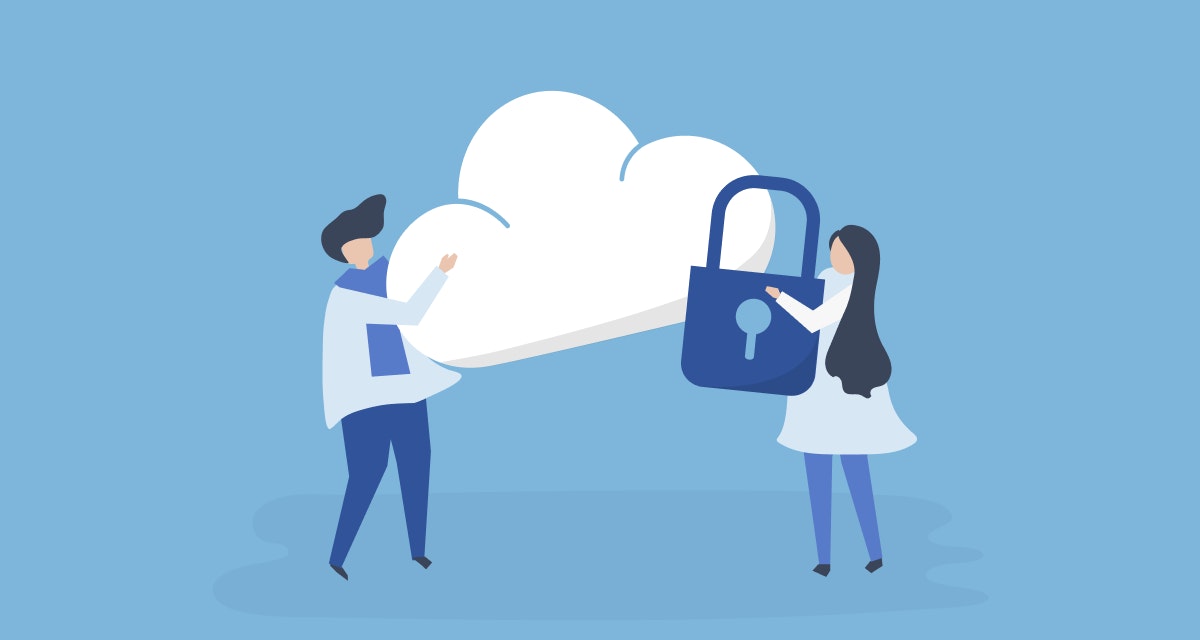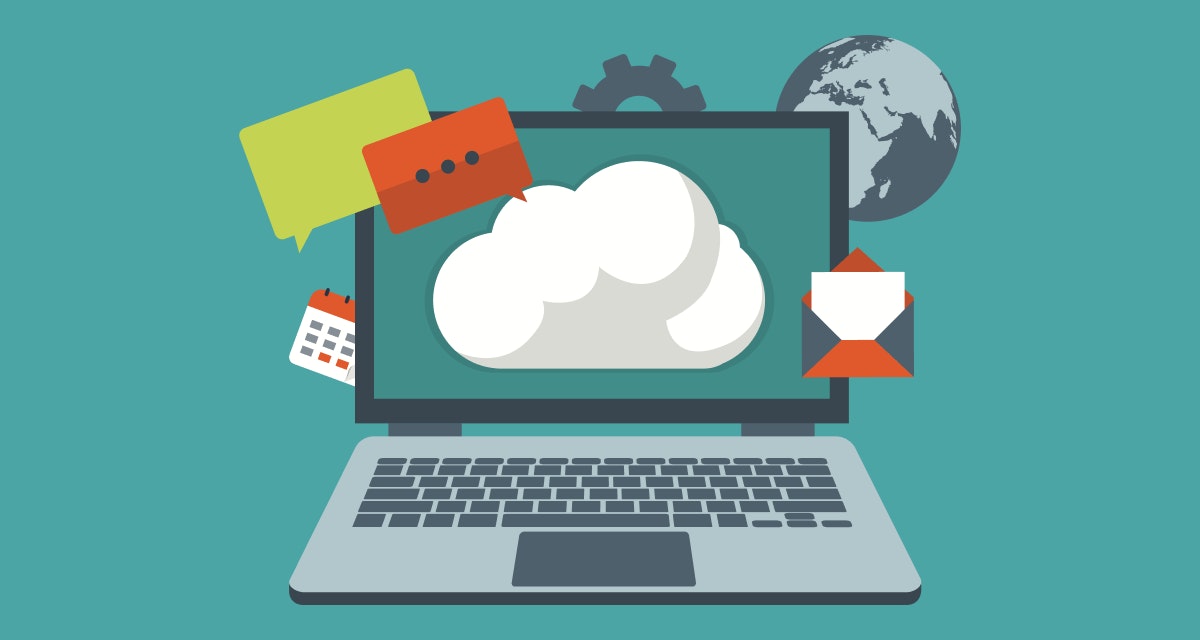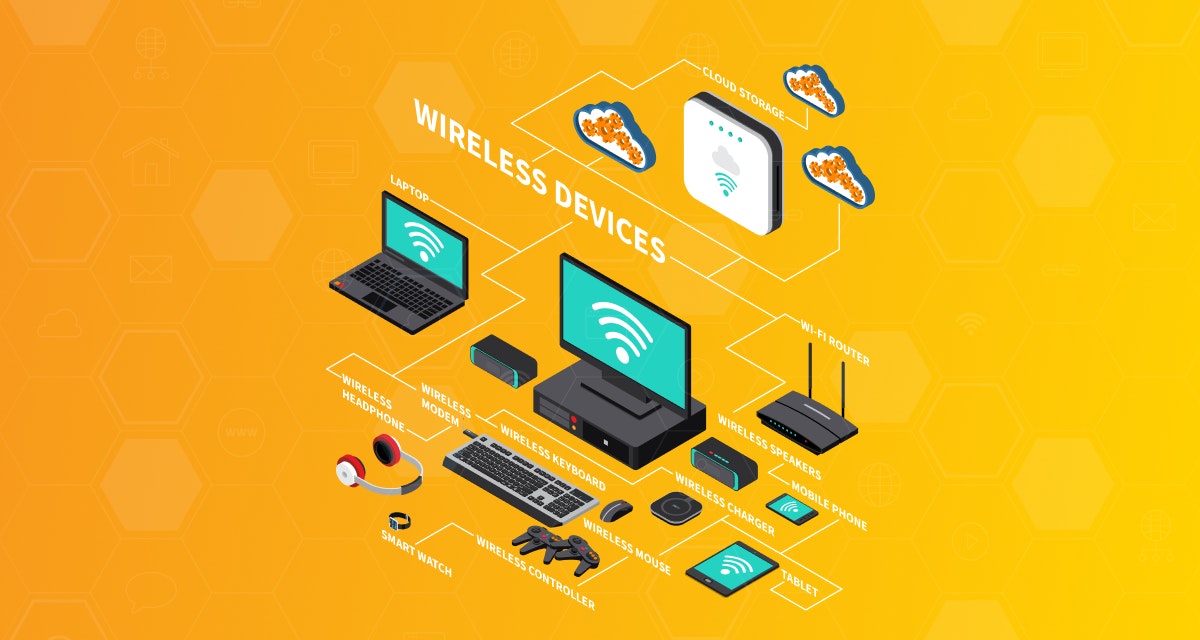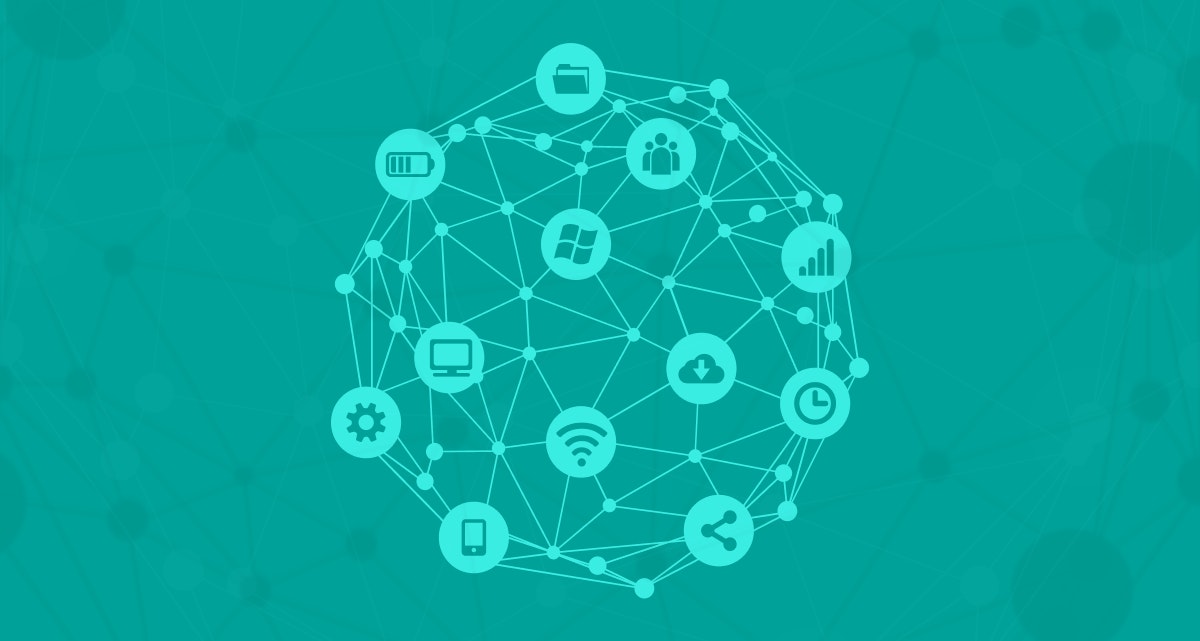The Internet has completely saturated the lives of millions of people in modernized societies across the globe. From college students who are turning in term papers via Google Docs to entrepreneurs conducting eCommerce, the average person knows that there is a real and present threat to cybersecurity. However, in this fast paced world, they probably rarely give it a second thought… until it happens to them. That’s why it is crucial for businesses to take that extra step towards protecting their clients or customers. In fact, cyber crime is projected to cost businesses over $2 trillion dollars annually by 2019; that’s four times more than in 2015.
Clutch, a leader in ranking and promoting technology agencies worldwide, recently conducted a survey involving 302 website managers concerning how small businesses protect website visitor information. Here is what they found:
- Website visitors’ email addresses (57%), names (47%), and locations (45%) are the most commonly collected data points.
- Once site visitors’ data is collected, 48% of website managers store the information on their website; 46% store information on a third party app, such as Dropbox; and 25% store information offline.
- Website managers are split nearly evenly when it comes to how they host their sites: 47% use self-hosting services, while 49% use externally managed servers.
- 37% of websites use encryption to help protect information.
- An additional 21% of websites plan to add encryption this year.
While it’s no surprise that many websites collect email addresses, names, and locations, what IS scary is that a majority of them don’t use encryption or basic security features to protect their customer data putting their potential customers and the reputation of their business at risk.
Types of Cyber Hacks
There are several ways in which a breach of security happens and your database and customer information is compromised. When you know where the weak spots are in your security strategy, it’s easier to create preventative measures.
Phishing
We’ve all gotten those emails saying that they’re from the IRS, that they’re friend or colleague with exciting news or that a message is waiting for us if we just click a certain link. When these email links are opened, a virus can spread to your contact list and create a mess with your office computer system. Hackers can record how an organization is run from the affected computers. Computer security experts Kevin Mitnick and Stu Sjouwerman explain that in one instance when hackers had “mastered the system, they commandeered it for a series of transactions that included the ATM hits, but also a practice of artificially inflating bank balances and then siphoning off that amount, so a customer’s account balance might go from $1,000 to $10,000 and then $9,000 would go to the hacker.”
Ransomware
Many times ransomware enters your system with the same techniques as phishing; a seemingly important email is sent to an employee and when it’s opened, a virus compromises your system and freezes your computer. The purpose of this is to get you to pay out a large sum of money (aka ransom) to get your software up and running again. While the hackers may not steal customer data, customers nevertheless are impacted if you have data that you need to address in a timely manner (such as tax information, an order status or medical records and prescriptions).
Compromised Hardware
Stolen laptops or hard drives also are common ways for your cloud data to be accessed. Many employees use the “remember password” function or don’t fully shut down their laptops. Smartphones or tablets are additionally used to access company info and if an app is opened when it is lost or stolen, that information can be available to criminals.
What You Can Do To Protect Your Privacy in the Cloud
Employee Training
The first line of defence is to train your employees not to open suspicious emails and to protect the hardware that they use. Never leave a laptop unattended and in view (even if it’s locked in the backseat of a car) and don’t save passwords on your hardware. In fact, creating unique passwords is another line of defence. According to Stopthehacker.com “it takes only 10 minutes to crack a lowercase password that is 6 characters long. Add two extra letters and a few uppercase letters and that number jumps to 3 years. Add just one more character and some numbers and symbols and it will take 44,530 years to crack.”
Software
There are a variety of options to further filter out unwanted emails. AppRiver is a great app that has a higher level of spam and virus protection along with email encryption options and more.
Firewalls
A firewall is software that filters out hackers, viruses and worms that try to infect your computer when it is connected to the Internet. Most computers with popular programs installed have firewalls built in such as Microsoft Office. The important thing is to update your firewalls regularly. You can usually do this for free by going to the software company’s website.
Encryption
Encryption is when cloud storage providers transform text or data using encryption algorithms and then store the information in the cloud. If you’re using major cloud platforms such as AWS, Azure, IBM Bluemix, Google or iCloud, this feature is already built in. All of these sites also have security pages on their websites so you know exactly how your information is being secured.
Private Cloud
If you are in the medical, financial or legal industry (or any industry that collects extremely sensitive data), a private cloud might be worth the investment. Most cloud platforms are public and shared which means that your data along with others’ is stored in the same cloud. A private cloud is managed and monitored by you or someone who you hire. However, you can also incorporate a hybrid cloud which mixes the cost effectiveness of a public cloud for less sensitive data and a private cloud for the most important.
Hire a Cloud Consultant
According to Inc. Magazine, 71 percent of all data breaches targeted small businesses who had less than 100 employees and cost roughly $36,000 in damages and lost revenue. With that in mind, hiring a cloud platform consultant could actually save you time, money and your professional reputation in the long run.
At Intuz, we have a team of knowledgeable cloud experts that will ensure that your data is safe 24/7. Cloud computing is a vital part of modern day business and any problems can cost you the trust of your clients and hinder profit margins. One of the areas we specialize in addresses agile cloud servicewe focus on your Internet security so you can focus on managing the important aspects of running your business.




